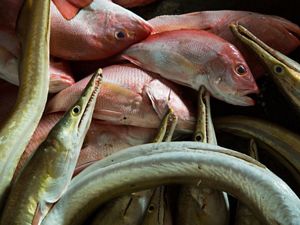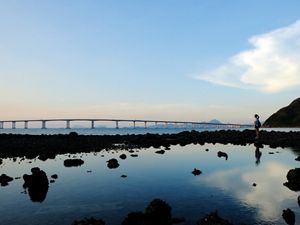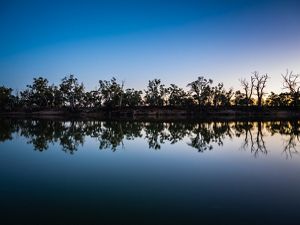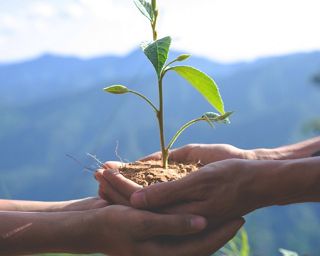Hong Kongers eat a lot of seafood, three times the global average, a rate that is not sustainable. To ensure we have seafood in the future, aquaculture—the practice of growing food in the water—may hold the key.
From seaweed cultivation to fish farming, aquaculture, when practiced in a sustainable manner, can feed millions of people, support national economies and protect coastal ecosystems. But in many parts of Asia Pacific, this industry does more harm to nature than good. That’s why we’re working in three different markets (Indonesia, New Zealand and the Pacific Islands) to introduce better techniques for growing food in the marine environment.
Asia Pacific is at the heart of TNC’s global aquaculture program and is home to 90 percent of the global aquaculture industry. We are partnering with multiple stakeholders—such as government, tribal groups, farmers and communities—to tangibly demonstrate how aquaculture can feed a booming population, provide economic opportunity and preserve the region’s incredible biodiversity.
TNC is working on aquaculture in these countries:
- Indonesia: By teaching farmers more sustainable farming techniques, we are helping to reduce the negative ecological impacts of seaweed farming while also strengthening economic stability.
- Micronesia: TNC is helping sustainably cultivate rabbitfish (a popular local species that has been successfully farmed elsewhere in the Pacific) and explore how to replicate and scale fish farms elsewhere in the country.
- New Zealand: TNC is working with Indigenous Iwi to develop green-lipped mussel aquaculture to support remote and impoverished communities.




